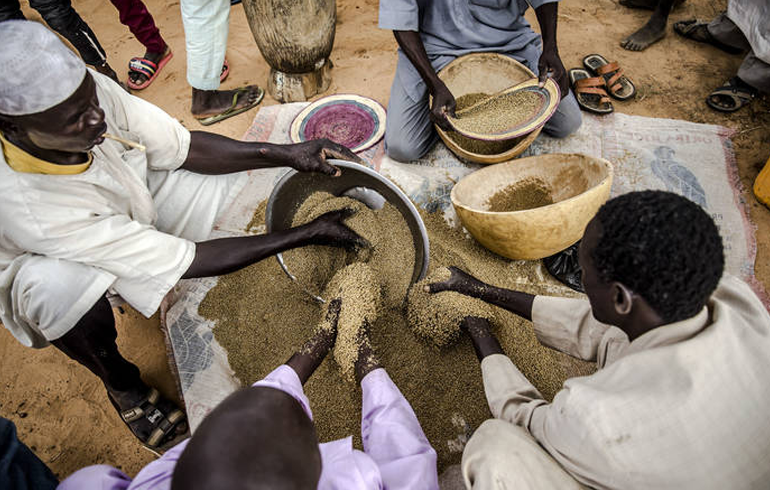The United Nations food agency has said that the number of people on the edge of famine across 43 countries had risen to 45 million, as acute hunger spikes around the world.
The jump from 42 million people earlier in the year was largely down to a food security assessment that found another three million people facing famine in Afghanistan, the World Food Programme (WFP) said on Monday.
“Tens of millions of people are staring into an abyss. We’ve got conflict, climate change and COVID-19 driving up the numbers of the acutely hungry,” WFP Executive Director David Beasley was quoted as saying.
“And the latest data show there are now more than 45 million people marching towards the brink of starvation,” he said after a trip to Afghanistan, where WFP is upping support for almost 23 million people.

“Fuel costs are up, food prices are soaring, fertiliser is more expensive, and all of this feeds into new crises like the one unfolding now in Afghanistan, as well as longstanding emergencies like Yemen and Syria,” he added.
WFP said the cost of averting famine globally now stands at $7bn, up from $6.6bn earlier in the year, but warned that traditional funding streams were overstretched.
Families facing acute food insecurity are being “forced to make devastating choices”, marrying off children early, pulling them out of school or feeding them locusts, wild leaves, or cactus.
“Meanwhile media reports from Afghanistan point to families reportedly being forced to sell their children in a desperate attempt to survive,” it said.
Multiple droughts in Afghanistan were combined with an economic meltdown to push families to the edge, while some 12.4 million people in Syria do not know where their next meal will come from – more than any time during the decade-long conflict, it said.
Increases in acute hunger are also being seen in Ethiopia, Haiti, Somalia, Angola, Kenya, and Burundi, the Rome-based agency said.
Source: Aljazeera




















































